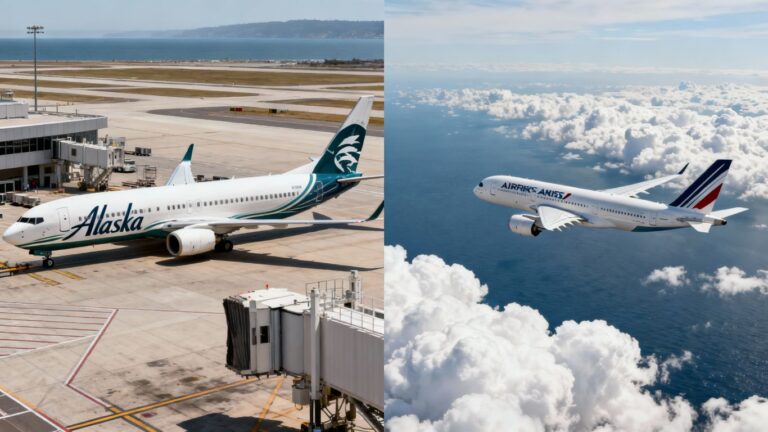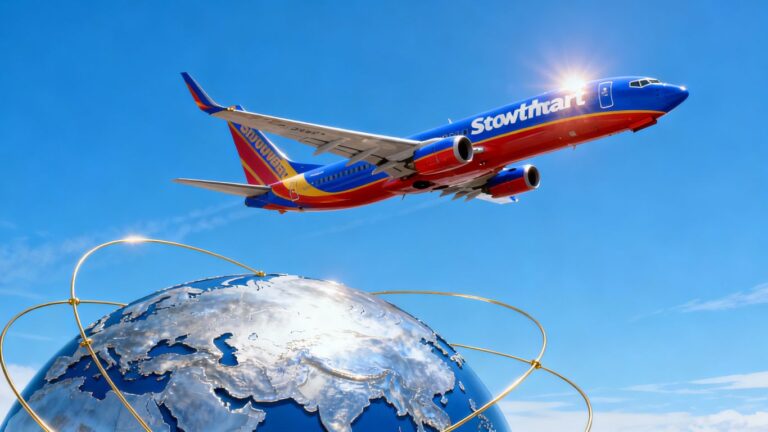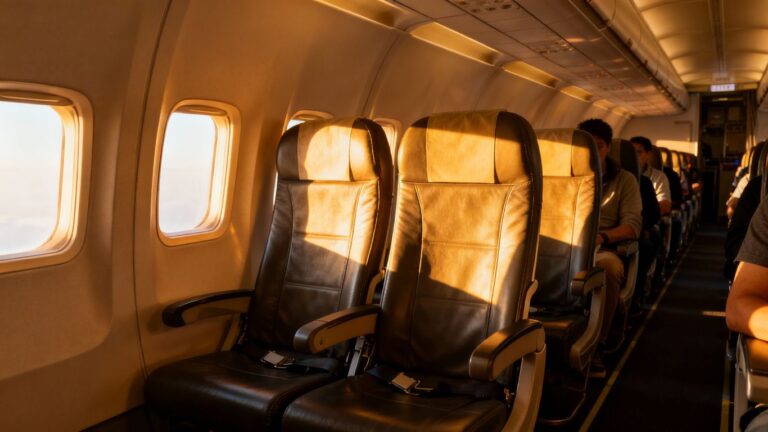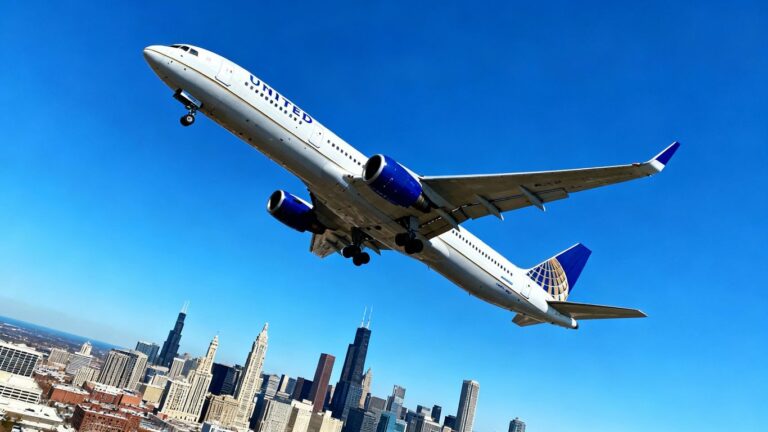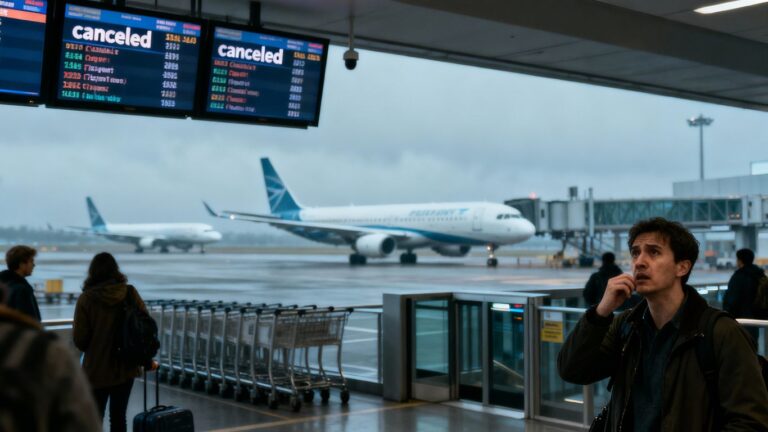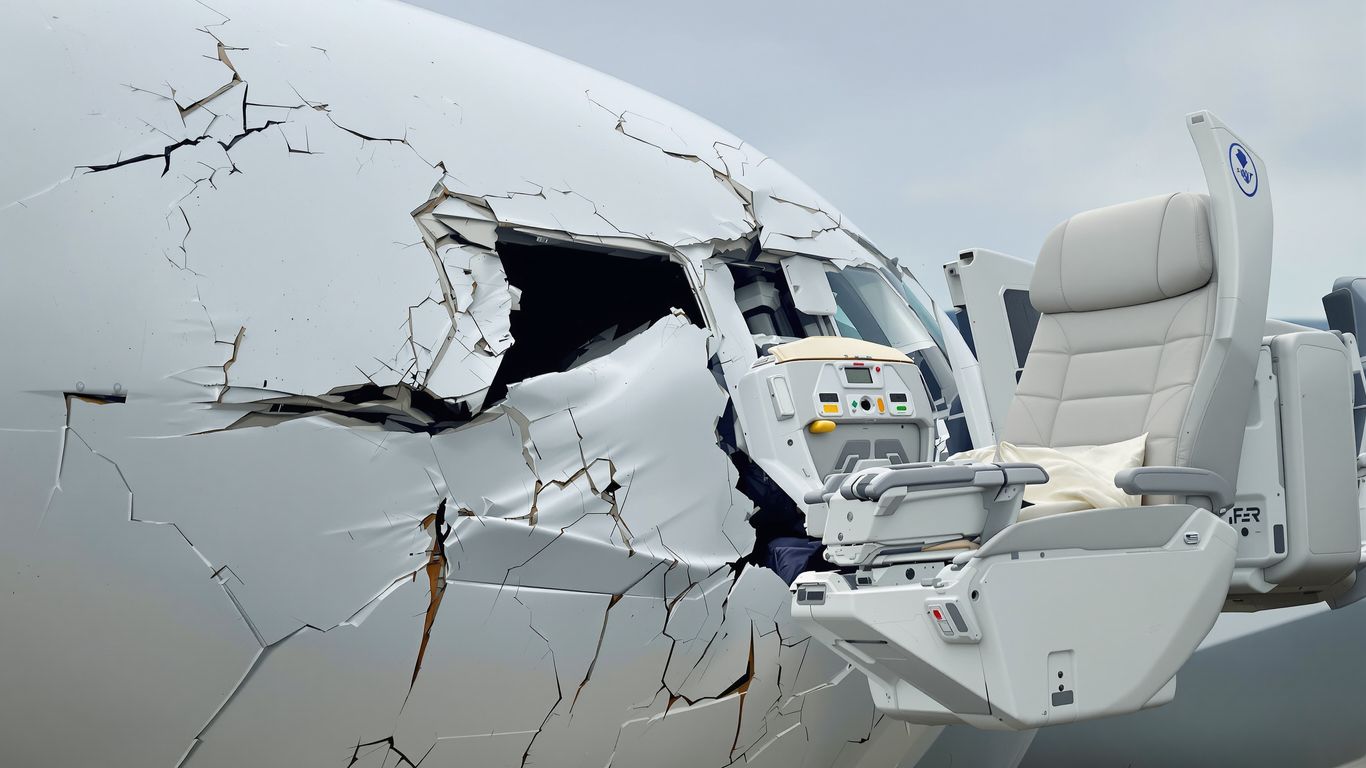
The global airline industry is navigating a complex period, with significant financial and operational shifts impacting major carriers. Spirit Airlines is undergoing a Chapter 11 restructuring, leading to route cuts and a fleet reduction. Meanwhile, Lufthansa Group is centralizing management to boost profitability, and Thai Airways is phasing out its first-class service as part of a fleet renewal strategy.
Spirit Airlines’ Financial Woes and Route Adjustments
Spirit Airlines has filed for its second Chapter 11 bankruptcy in less than a year, signaling deep financial challenges. As part of its restructuring plan, the airline will cease service to 11 cities starting October 2025. These cuts represent approximately 3.9% of the airline’s total seats for that month.
Key cities affected by the route suspensions include:
- Albuquerque (ABQ)
- Birmingham (BHM)
- Boise (BOI)
- Chattanooga (CHA)
- Columbia (CAE)
- Oakland (OAK)
- Portland (PDX)
- Sacramento (SMF)
- Salt Lake City (SLC)
- San Diego (SAN)
- San Jose (SJC)
Spirit also suspended plans to add Middle Georgia Regional Airport (MCN). The airline aims to shed aircraft, shrink its network, and reduce costs to return to profitability. Industry analysts anticipate further network and fleet reductions as Spirit works to stabilize its operations. The airline has warned investors about its future solvency, citing a need to improve financial results to meet creditor liquidity requirements.
Lufthansa Group’s Strategic Centralization
Lufthansa Group, encompassing airlines like Lufthansa, SWISS, and Austrian Airlines, is implementing a new strategy called "Matrix Next Level" starting January 1, 2026. This initiative aims to centralize more management decisions in Frankfurt to enhance profitability and customer satisfaction. While individual airlines will retain control over customer-facing aspects like inflight products and lounges, areas such as network management for short and medium-haul flights will be managed centrally.
This move has raised some skepticism, particularly regarding the potential impact on the distinct identities of its subsidiary airlines, such as SWISS. The group believes this centralization will create synergies and strengthen its market position.
Thai Airways Eliminates First Class
Thai Airways is set to eliminate its first-class cabin in the coming years as part of a significant fleet renewal and standardization effort. Historically, Thai Airways offered first class on various wide-body aircraft, but this service has been scaled back considerably, currently only available on a small subfleet of Boeing 777s flying to select destinations like London and Tokyo.
The airline plans to reconfigure its existing Boeing 777 fleet and introduce new Boeing 787-9s and Airbus A321neos with an enhanced business class product, including a "business class plus" offering in the front row. This strategic shift aims to provide a more consistent and potentially more profitable long-haul experience across its fleet, foregoing the high costs associated with maintaining a dedicated first-class product.
Key Takeaways
- Spirit Airlines is cutting 11 routes as part of its bankruptcy restructuring, focusing on core markets.
- Lufthansa Group is centralizing management functions to improve efficiency and profits, starting in 2026.
- Thai Airways is phasing out first class to standardize its long-haul offerings with an upgraded business class.
These developments highlight the ongoing pressures and strategic adjustments within the airline industry as carriers adapt to market demands and financial realities.
Sources
- Spirit Airlines to end service to 11 cities amid bankruptcy, The Points Guy.
- OK to book Spirit? Airline warns investors of potential closure, The Points Guy.
- Uh Oh: Lufthansa Group Centralizing Airline Management To Boost Profits, One Mile at a Time.
- Thai Airways Plans To Eliminate First Class: Sad But Logical, One Mile at a Time.
